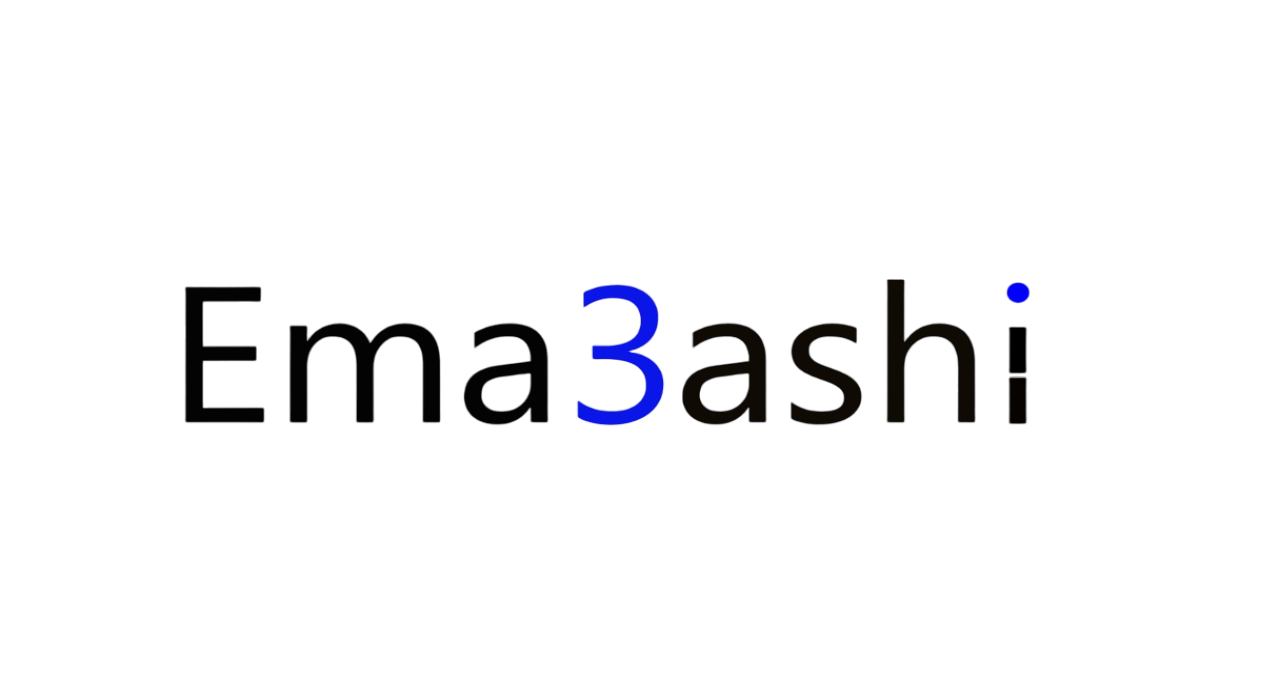General FAQ
PEO stands for Professional Employer Organization. It's a company that handles HR tasks like payroll and benefits for other businesses, allowing them to focus on their core operations.
The primary distinction between a PEO (Professional Employer Organization) and payroll lies in the scope of services provided. While payroll solely focuses on managing employee wages, taxes, and deductions, a PEO offers a broader range of HR-related services, including benefits administration, compliance assistance, HR consulting, risk management, and employee training, in addition to payroll processing.
A PEO can help businesses save time and resources by outsourcing HR functions, allowing them to focus on core operations. PEOs also provide expertise in HR compliance, access to better benefits packages, and improved risk management.
PEOs often have access to a wider range of employee benefits options, including health insurance, retirement plans, and other voluntary benefits, which they offer to client businesses under a co-employment arrangement
PEO costs typically involve a service fee based on factors such as the number of employees and the scope of services provided. It's important to discuss pricing and fee structures with potential PEO partners to understand the total cost.
Payroll is the process of managing employee wages, taxes, and deductions within a company.
Payroll is important for ensuring employees are accurately compensated and that taxes and other deductions are properly managed. It also involves maintaining accurate records for compliance and reporting purposes.
When a business partners with a PEO, they enter into a co-employment relationship, where the PEO becomes the employer of record for tax and benefits purposes while the client business retains control over day-to-day operations and management of employees.
Employers are responsible for withholding federal and state income taxes, Social Security taxes, and Medicare taxes from employee wages, as well as paying unemployment taxes and any applicable local taxes.
Businesses of all sizes can benefit from partnering with a PEO, but it's particularly advantageous for small and medium-sized businesses that may not have the resources or expertise to manage HR functions effectively on their own.
Payroll errors can lead to financial penalties, employee dissatisfaction, and compliance issues with tax authorities or labor regulations.
Businesses can terminate their agreement with a PEO by following the terms outlined in the contract. It's essential to communicate clearly and coordinate the transition of HR responsibilities back to the business or to another HR provider.
Payroll frequency varies by company but commonly processed on a monthly basis. Some businesses may choose to pay employees weekly or semi-monthly.
Payroll processing can be streamlined through the use of automated payroll software, outsourcing to payroll service providers, and implementing efficient payroll management practices.
Ema3ashi provide a work/visit visa for the employees who are registered under them name.
